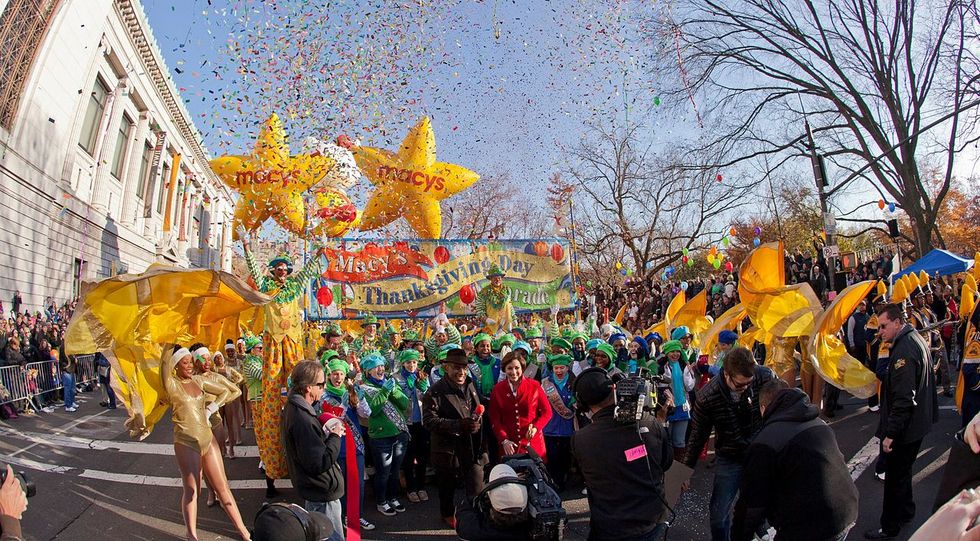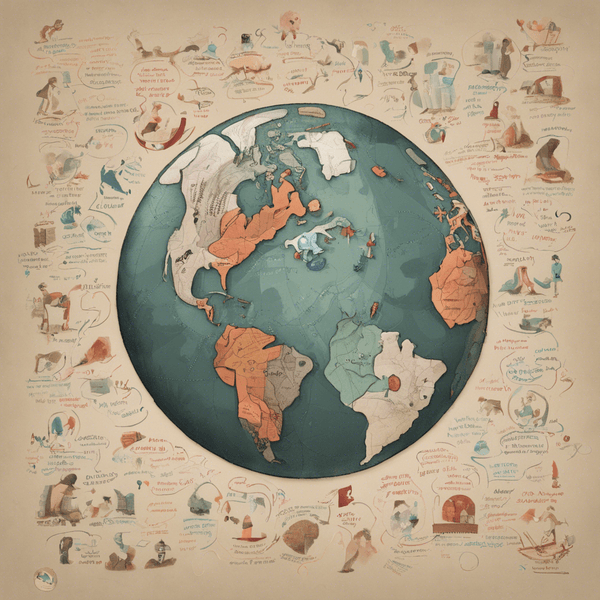I was on a crowded train. No surprised there, I've been riding the New York City Metro for 15 years. However, this particular train ride was unusual.
All of us, packed like sardines, heading northbound, uncomfortable, hungry and tired. All of us, busy with our lives coming and going--as usual. We didn't care if the next person was comfortable, we only worried about our personal space. Some how this way of thinking had become the normal. "Stand clear of the closing doors." "Ladies and gentlemen, there is a train directly behind this one." All of it routine. All of it unsatisfying.
Even though the train was extremely crowded, I was fortunate that there were no DELAYS. Our bodies exhausted form the pushing, shoving, tossing and toggling back and forth. I was growing anxious, we were at the mercy the MTA.
The only advantage was being a fly on the wall of the other passengers. I had the satisfaction of being apart of an elderly black woman's world that day. For the sake of this article, let just call her Agatha.
I hadn't noticed Agatha standing in front of me. I was too busy admiring another passengers assemble. Agatha, smothered, just like me, until a seat became available. I disregarded the seat. I noticed Agatha holding bags, sweating, she should take the seat.
Three young white women surrounded the available seat. They didn't need the seat as greatly as Agatha needed it. She peeked at the seat and headed towards it, she stopped in her tracks as she gazed at the white women. Her eyes screamed discomfort. Those 1940's Jim Crow Laws resurfaced. Why else would she stop herself from sitting down? Those white ladies saw the discomfort, too. We all did. The passiveness of Agatha could have slapped us all in the face.
One white lady asked if the other white ladies wanted the seat, they all shook their heads no. I looked at Agatha, hoping she would speak up. I looked at the white lady, hoping she would offer the seat to Agatha. To my surprise the white lady did. "Ma'am, would you like to sit down?" This was something unusual to Agatha, a white woman asking her to sit down. Just like that, white privilege erased. Agatha, hesitant, didn't give a direct answer, so I spoke up and said yes matter-of-factly. She knew I was rooting for her. I and the countless others who had to give up their seat for white people. This was her chance to change society, even if the society at that time was just this little community on the northbound train to Harlem. It meant a great deal to me if she sat down. Instead, she used the "I'm about to get off" excuse.
A flood of emotions hit me at once. Agatha, forcing herself to believe her decision was justifiable. Mumbling under her breath, that she only had a few more stops when a second ago she was just getting off. Staring at her, I realized this was a mental condition. Jim Crow strikes again. Agatha had carried this her whole life. My soul cried out to her. I wanted to say to her that she should have taken the seat. The law are over, no more hiding, no more biting your tongue. I couldn't get up enough courage to do so, had Jim Crow worked his magic on me, too?
The train was empty now, the white ladies were gone. Just Agatha and me. Yes, she had been on the train longer than "just getting off and a few stops." In fact there was another seat available and no white person insight. Without question, Agatha sat down. Her shame glazed over me.
To top it all off, she got off at the same exact stop as I did.






 StableDiffusion
StableDiffusion











